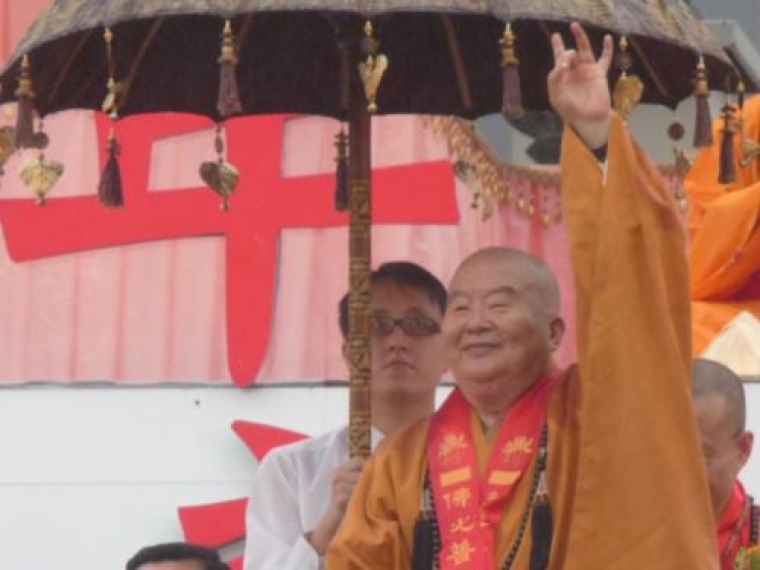This lecture focuses on the historical perspectives on the Administration of Buddhism in China
Religion in modern China, as viewed through the lens of the PRC, is often relegated to a Marxist narrative whereby the role of religion is curtailed by the state in the name of socialist principles. The decline of Marxist ideology in China invites us to revisit the ways in which religious activity was sanctioned in pre-modern China, and question whether the Marxist narrative is distinct, or whether is simply an overlay to long held assumptions in China regarding government policy on the administration of religion. Using Buddhism as a template, the current presentation addresses the roles of Confucian and Buddhist traditions in the formation of Chinese culture based on the administration of Buddhism in China. How, and in what sense, was Buddhism encouraged through government policies? How and why were its activities curtailed? In other words, form the government’s perspective, what were the legitimate roles played by Buddhist institutions and clergy, and what aspects were deemed illegitimate? My comments are built around an inquiry into Zanning’s 贊寧proposals for the role of Buddhism in China, as articulated in his Topical History of the Buddhist Clergy, compiled in the Great Song dynasty (Da Song Seng shilue 大宋僧史略), compiled ca. 1000. I argue that public and private realms were never thought of as distinct in China, but as part of a continuum of harmonious, if sometimes contested terrain where secular and sacred aims met. If the Confucian aim may be regarded in terms of "secularizing the sacred," the Buddhist agenda in China may be thought of in terms of "sacralizing the secular." The role of the state as arbiter of China's multi-ideational traditions is also considered.


